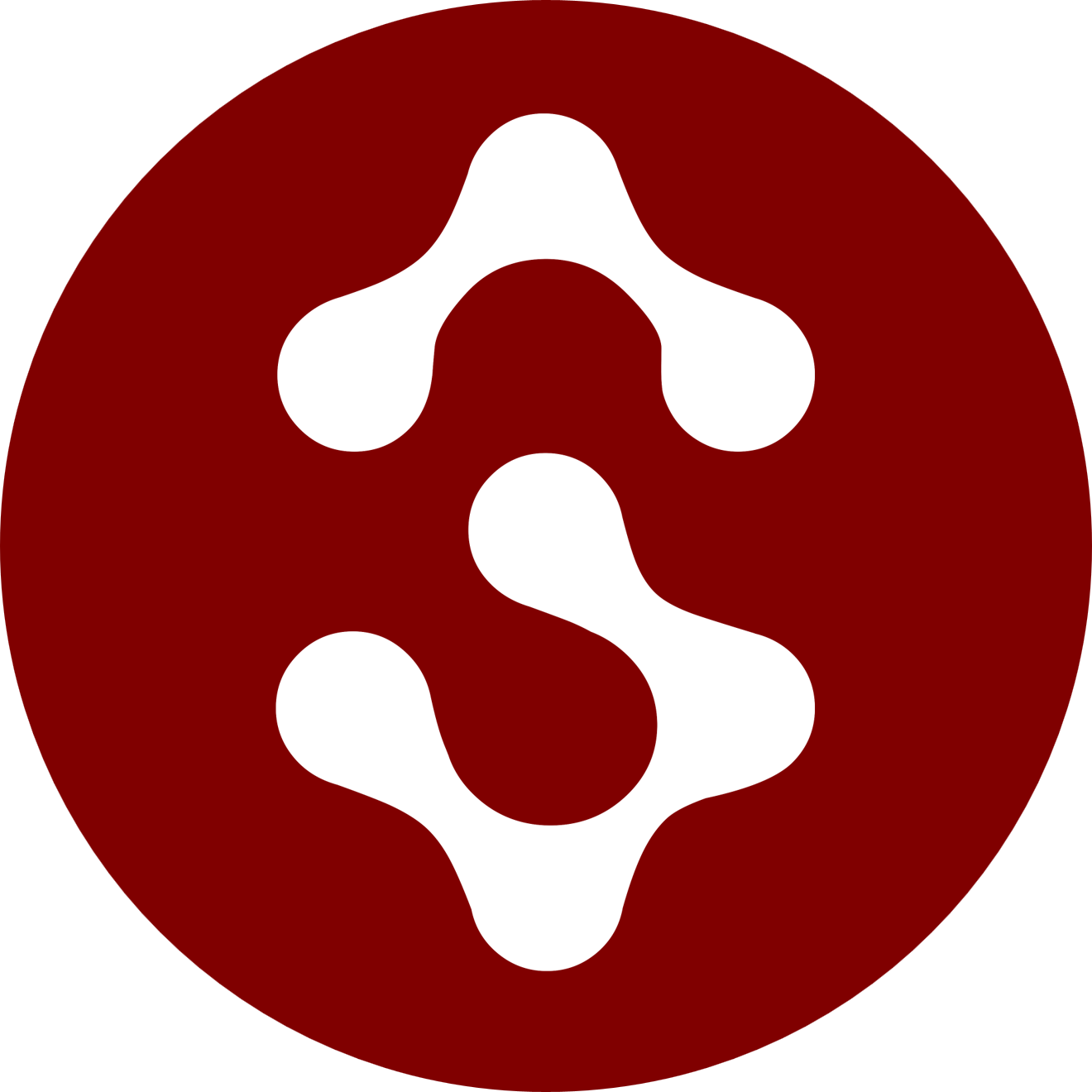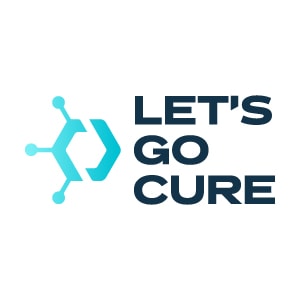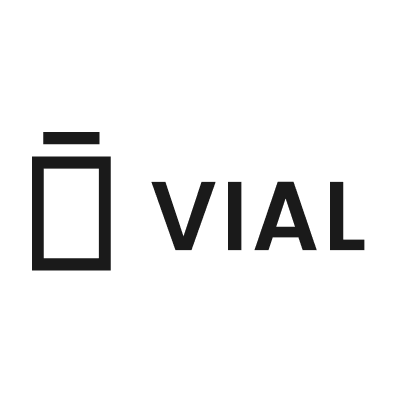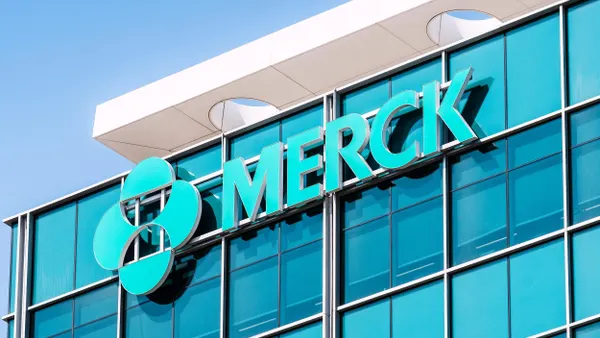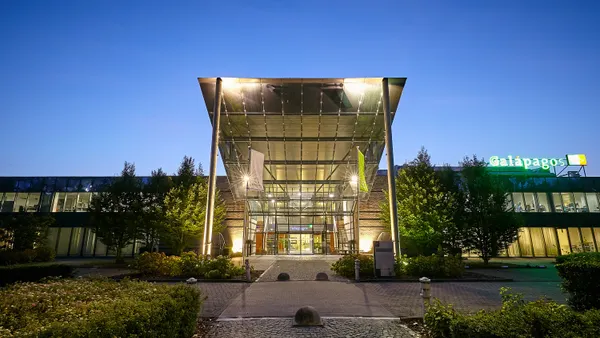Dive Brief:
- Regeneron Pharmaceuticals Inc. revealed positive Phase 3 results for Eylea in moderately severe to severe non-proliferative diabetic retinopathy patients without diabetic macular edema (DME), noting its intention to file for approval in the U.S. later this year.
- The late-stage PANORAMA trial met its primary endpoint at 24 weeks, showing 58% of patients on Eylea had a two-step improvement in the Diabetic Retinopathy Severity Scale (DRSS) compared with 6% for those in the sham injection group.
- Patients in the treatment arm of the study received Eylea injections every 4.4 weeks. One-year results from the trial will be available later this year and studying dosing every eight weeks or 16 weeks.
Dive Insight:
Regeneron reported positive six-month data for its blockbuster eye drug Eylea (aflibercept) in patients with diabetic retinopathy, an incremental indication that could help expand the patient pool for the drug.
Leerink analyst Geoffrey Porges wrote in a note to clients that these results could help Eylea win 30% to 40% more of the overall diabetic eye disease patients than the DME-only indication. He estimates Eylea will be approved for diabetic retinopathy by 2019 and predicts the indication could add $200 million to Eylea revenues by 2020, growing to $700 million by 2023.
Yet, other analysts weren't so upbeat about the results. Jefferies analyst Biren Amin told clients that it's hard to compare these results to previous trial data for Roche AG's eye drug Lucentis (ranibizumab), which was approved for all forms of diabetic retinopathy in 2017.
"It's early to gauge competitiveness vs Lucentis and we think overall impact is likely muted given doc preference for reserving biologics for progressive disease," wrote Amin.
While Lucentis has been on the market much longer than Eylea, the Regeneron drug has gained significant market share and has surpassed Lucentis in sales.
Eylea revenues for 2017 grew 10% year-over-year to reach $3.7 billion. But Eylea makes up the bulk of Regeneron's total revenues and Lucentis isn't the only competitor in the space. Drugs for eye disorders are becoming an increasingly hot area as companies vie to treat the aging population.
The key U.S. patents protecting Eylea expire in 2023, making a follow-on drug even more important. The big biotech has been testing Eylea in combination with other drugs in its pipeline in hopes of increasing the product's lifecycle. But finding a way to boost Eylea's effectiveness has proven difficult; Regeneron has already scrapped two potential combos that didn't perform better than Eylea alone.






